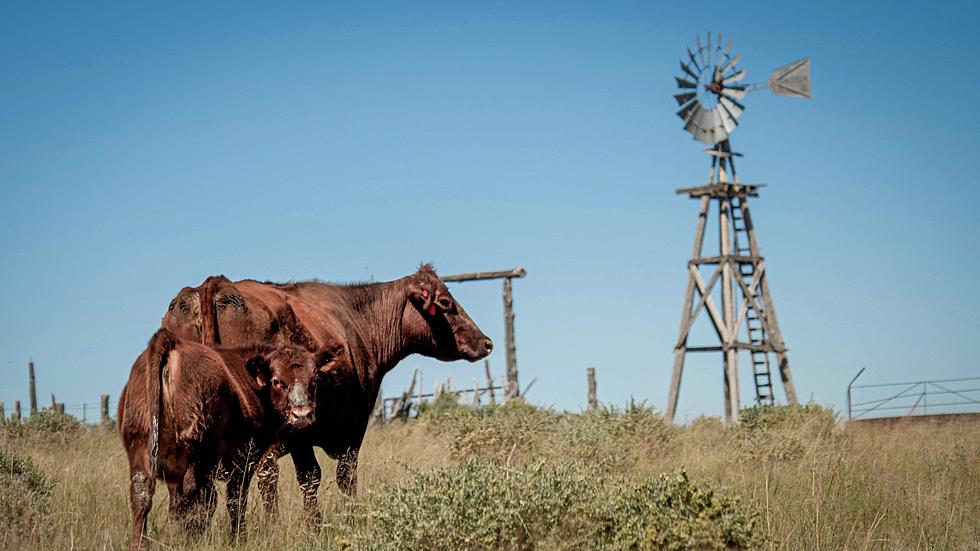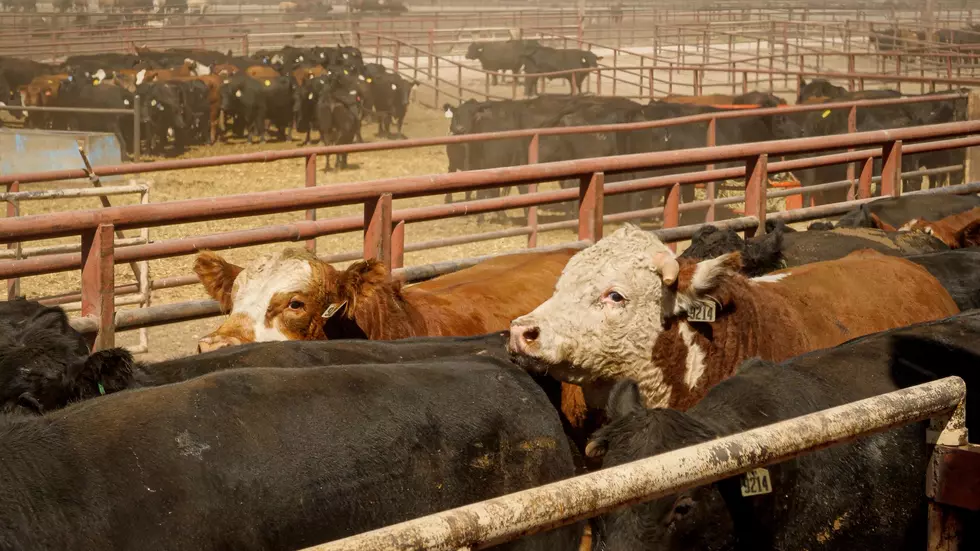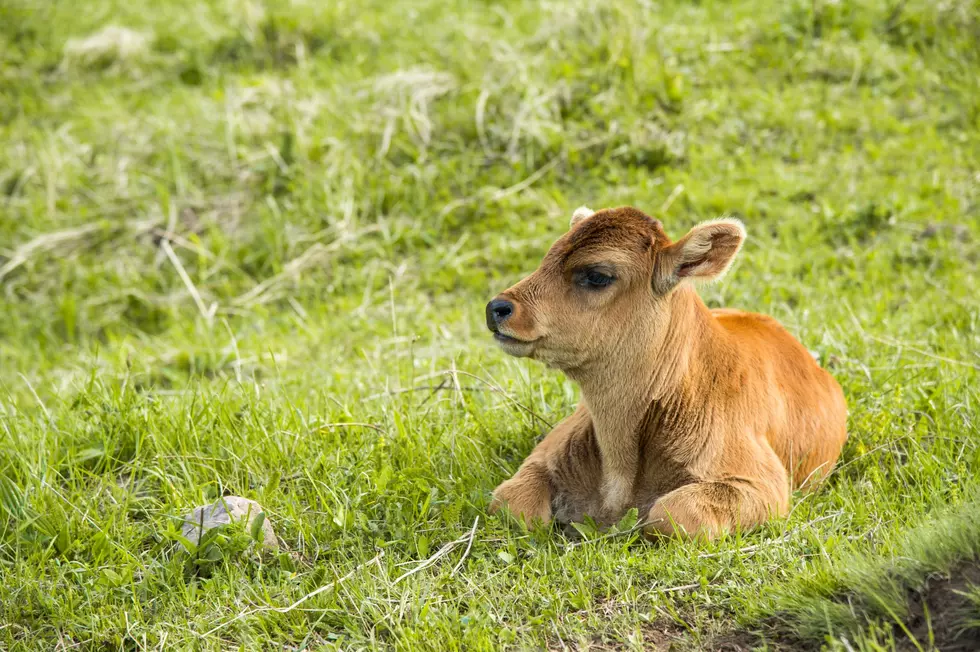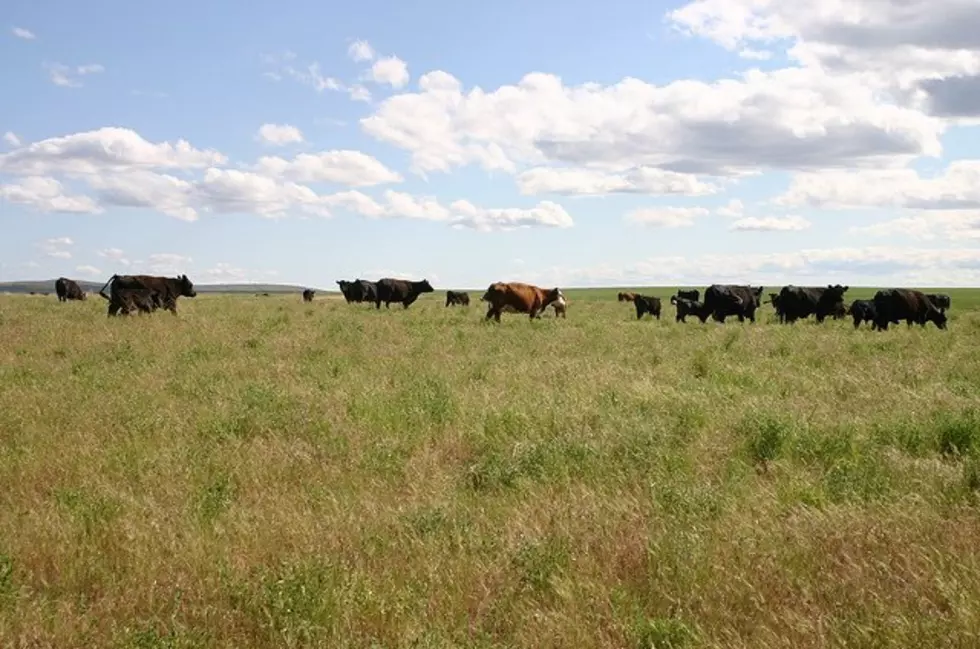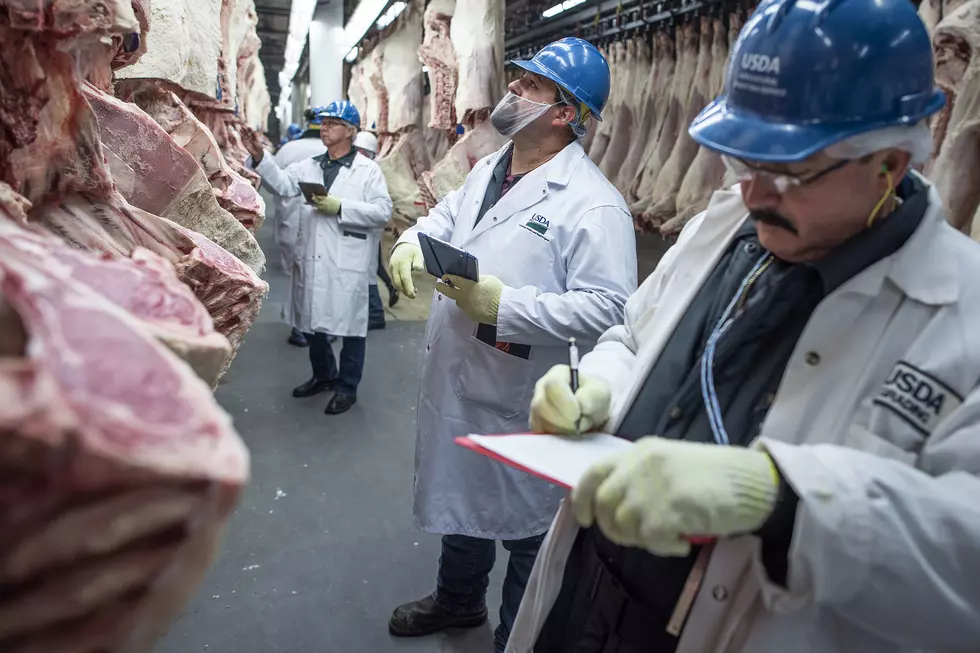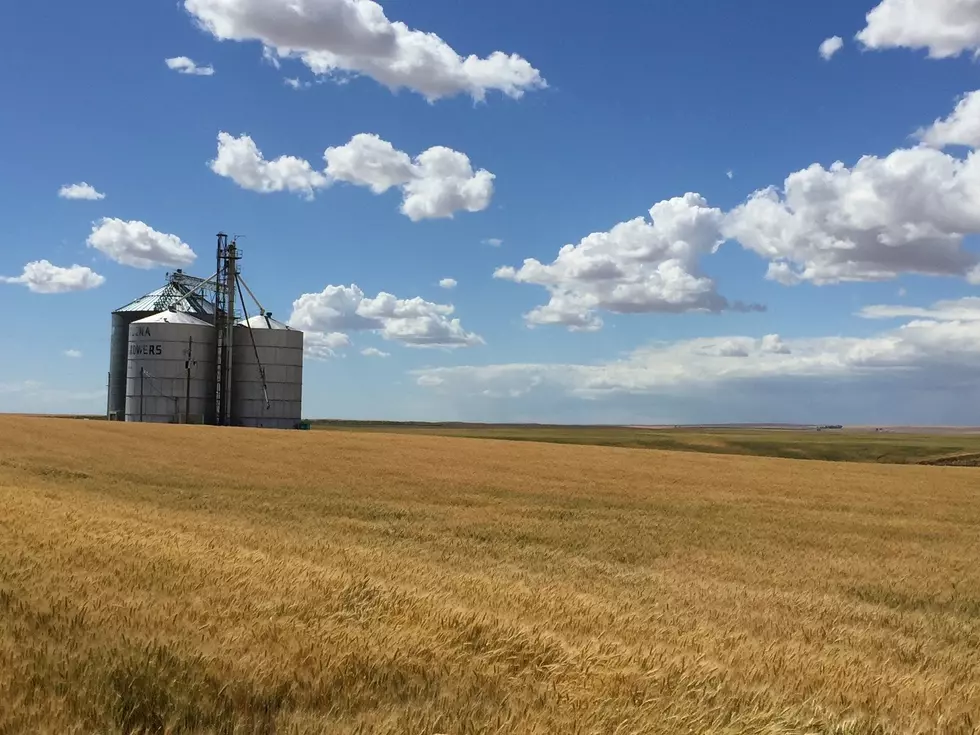
Mapping Genetic & Production Success
Local genetic adaptation is the concept of matching cattle to the environments in which they are producing progeny. With the USDA’s support University of Missouri Associate Professor of Animal Science, Jared Decker, is researching the true impact of local genetic adaptation on production.
“It’s all about taking advantage of those genetics by environmental effects. We’re using genomic data from various breed associations to create region specific genomic predictions. So we’ll have a genetic evaluation, a genomic prediction tailored to the southeast, tailored to the fescue belt, tailored to high elevation, tailored to the desert arid southwest.”
Using hair shedding data collected, Decker is working in collaboration with various breed associations to develop specific environmental regions to assist producers in making breeding decisions.
“Using statistical analysis we have grouped the United States into nine different regions based on the precipitation, temperature and elevation. The trait that we see the largest environmental impact on is weaning weight and so we see quite a bit of reranking of animals based on which region we are doing the genetic evaluation in. And so an animal that might rank high in the upper plains, might rank really low in the arid plains.”
Arming producers with resources to make the most informed breeding decisions is the goal.
“So unintentionally we’ve seen a selection over the last 40 years of these breeds for specific environments. And we can identify the particular genes that are providing some of that local adaptation. The real purpose of our research is to create decision support tools.”
Decker added when foundational knowledge and new technology merge is when the opportunity for progress arises.
If you have a story idea for the Washington Ag Network, call (509) 547-1618, or e-mail gvaagen@cherrycreekradio.com
More From PNW Ag Network

